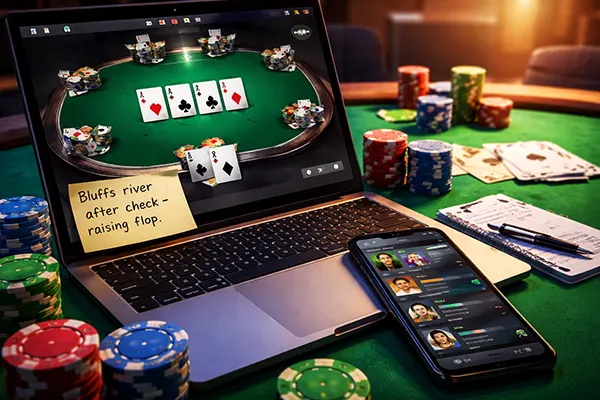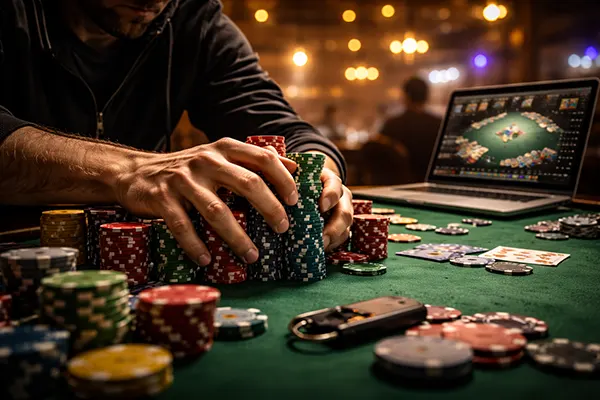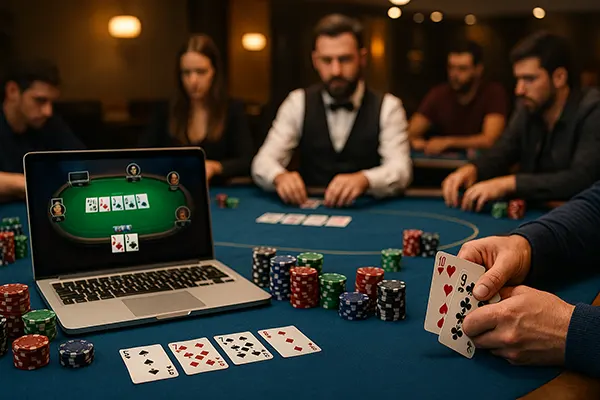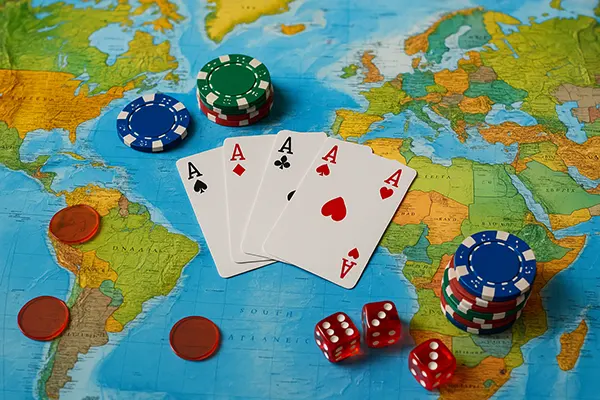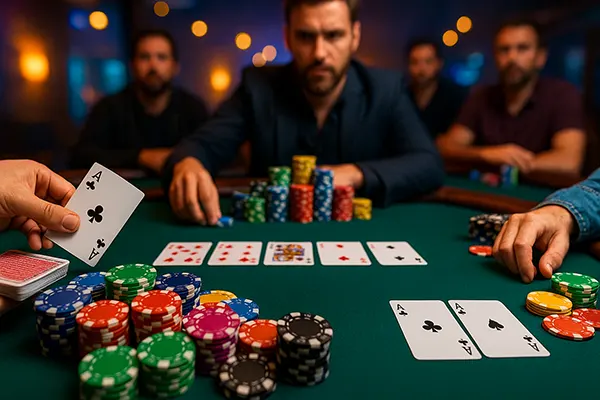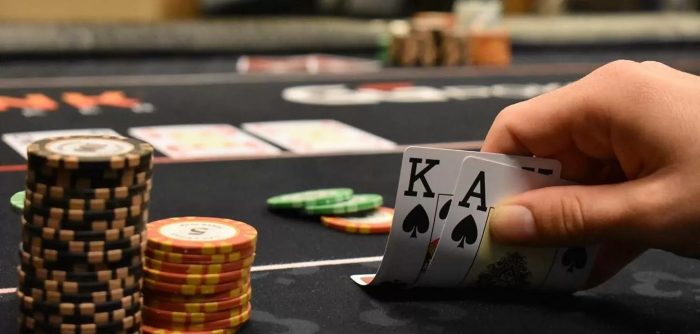
How to become a professional poker player
The habit of playing poker with friends on weekends or Friday nights can slowly develop into something more than just a regular pastime. In fact, if you take it more seriously, you can become a pro that way. Of course, success depends on a number of factors, including a predisposition for mathematical calculus, the ability to understand and use psychological techniques or strategies, which you can learn at https://elarabeonline.com/. In fact, there are 3 main things that determine one to become a poker pro.
Age category
It’s no secret that as you get older, your brain activity tends to slow down a bit. What a 20 year old can do, may turn out to be a real challenge for a person in their 60s. The best example of this is mastering technology. In poker, the trend is roughly the same. The older a player is, the harder it is for him to conquer the top.
Statistically, most poker champions won their titles before the age of 25. The conclusion is obvious: the younger a player is, the more chances he has to win numerous victories. It’s not just a matter of mental work, but also of disposition to learn. Younger brains are quicker and easier to “train”.
Knowing the rules alone will not lead to success. It is necessary to have strategies, to be able to bluff and calculate the opponents. In a crisis situation, you have to be able to think on your feet. Sure, some countries allow you to play poker from the 21st, but there’s nothing stopping you from learning the game as early as possible.
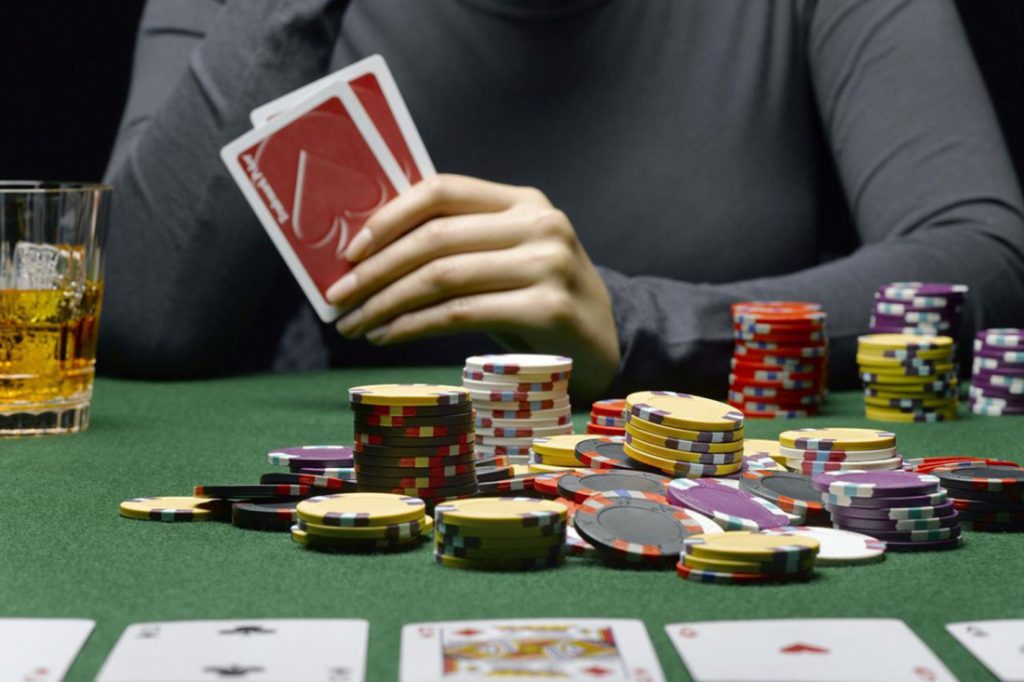
Always and everywhere you win
A pro can only lose to another pro. If there are real poker players around on Friday nights, losing will be more of a learning experience. If there are just amateurs gathering, you need to learn to always beat them. This will indicate that the player has reached the right level and can move on.
The trick to winning consistently is not to put yourself ahead of others. It’s learning to play with different types of people. Poker is not just about cards. It’s also psychology, mathematics, visual aspects, emotions. It’s also about practicing your strategies during friendly gatherings. When they work, losing among amateurs is ruled out.
Budget
A professional poker player always knows his limits. He won’t go for betting higher than his budget, even when the winnings are able to cover all expenses and debts. The idea is not to stay in the game as much as possible, but to keep losses to a minimum, and winnings to a maximum. Of course, you should also enjoy the experience.
When the gameplay takes place over financial limits, additional stress is created. Excessive stress only harms and interferes with calculations. No strategy will help in such a case, as the brain will be clouded with a nervous state. Under the influence of stress, the player will not be able to think through his moves. Moreover, he himself will start to make mistakes, which his rivals can take advantage of.

